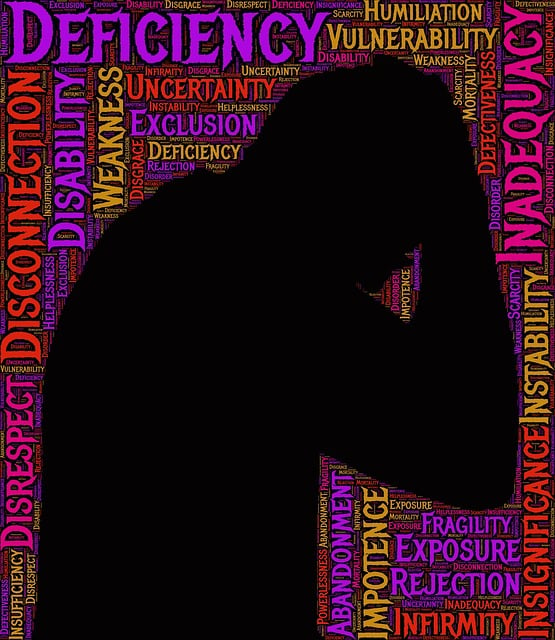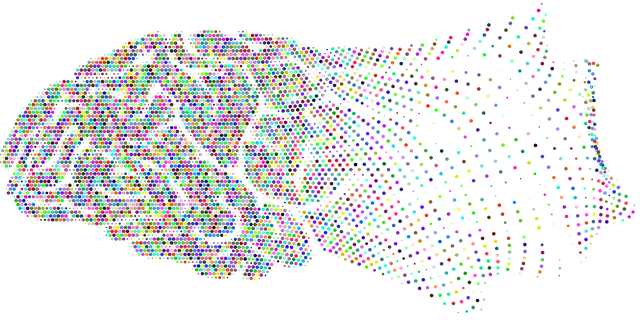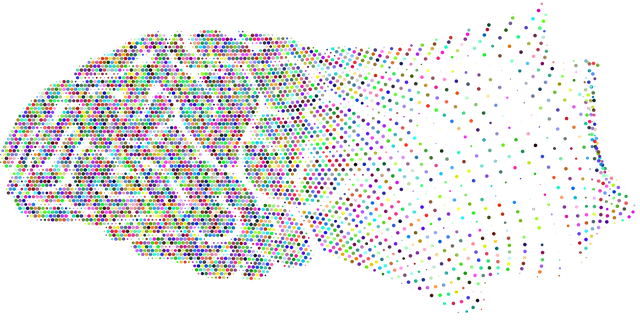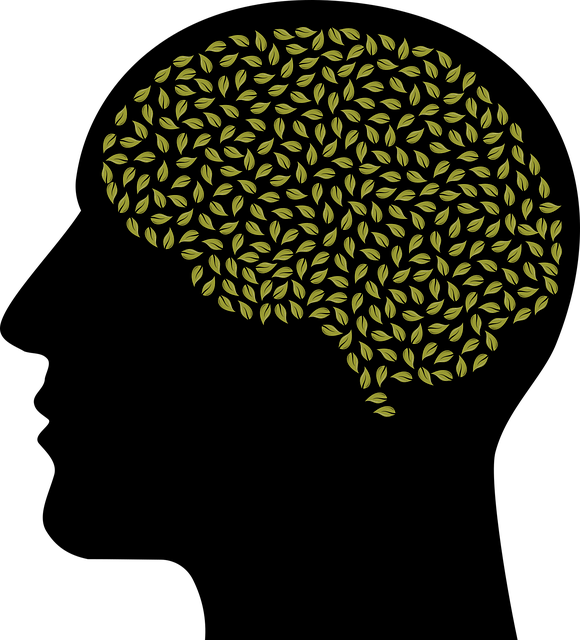Mental wellness is key to recovering from alcohol abuse, with therapy often addressing co-occurring mental health issues. Self-care routines like meditation, exercise and journaling are vital for proactive mental well-being management. For mental health professionals, risk management planning is crucial to prevent burnout. Journaling is a powerful therapeutic tool that helps individuals explore thoughts and emotions, offering insights into behaviors related to addiction, and facilitating coping mechanisms. A personalized mental wellness journal can support therapy for alcohol abuse recovery and enhance overall mental wellness through six simple steps: choosing a journal, setting an intention, establishing a routine, writing freely, incorporating 'mind over matter' principles, and regular reflection.
“Unwind your mind and embark on a journey towards mental wellness with our comprehensive guide. This article explores the profound impact of mental health on recovery, particularly in the context of alcohol abuse. Discover how journaling can serve as an effective therapy tool to process emotions and experiences. We provide a step-by-step guide to help you create a personalized journal, offering a safe space for healing and self-discovery. Take control of your well-being and unlock the transformative power of self-expression.”
- Understanding Mental Wellness and Its Impact on Recovery
- The Power of Journaling as a Therapeutic Tool
- Creating Your Journal: A Step-by-Step Guide for Effective Healing
Understanding Mental Wellness and Its Impact on Recovery

Mental wellness is a crucial aspect of overall health and well-being, encompassing emotional, psychological, and social stability. Understanding mental wellness involves recognizing its profound impact on various areas of life, including recovery from alcohol abuse. Therapy for Alcohol Abuse often emphasizes the importance of addressing underlying mental health issues alongside treating substance dependence. This holistic approach acknowledges that mental wellness plays a pivotal role in sustaining long-term recovery.
Self-Care Routine Development for Better Mental Health is not just a trend but an essential strategy to enhance resilience and promote healing. By integrating practices like meditation, exercise, and journaling, individuals can actively manage their mental health and mitigate risks associated with untreated mental disorders. Moreover, Risk Management Planning for Mental Health Professionals becomes pertinent when considering the demanding nature of the field, ensuring practitioners prioritize self-care to avoid burnout and maintain optimal performance. Stress Management Workshops Organization can also facilitate knowledge sharing and support among professionals, fostering a culture of resilience and well-being in the mental health sector.
The Power of Journaling as a Therapeutic Tool

Journaling has emerged as a powerful therapeutic tool, offering individuals a safe and intimate space to explore their thoughts and emotions. This simple yet profound practice can be incredibly beneficial for those struggling with mental health issues, particularly when it comes to therapy for alcohol abuse. By putting pen to paper, one can gain valuable insights into their behaviors, triggers, and patterns of thinking, which are often at the root of addiction. It provides a unique opportunity for self-reflection and self-discovery, enabling individuals to understand themselves on a deeper level.
In the context of communication strategies and risk management planning for mental health professionals, journaling can serve as a valuable tool for both the practitioner and the client. It facilitates open dialogue and allows individuals to articulate their experiences and feelings in a structured manner. This process can enhance anxiety relief by providing a sense of control and empowering individuals to take an active role in their healing journey. Through regular journaling practices, one can develop effective coping mechanisms and learn to navigate challenging emotions more skillfully.
Creating Your Journal: A Step-by-Step Guide for Effective Healing

Creating your own mental wellness journal can be a powerful tool for healing and self-care, especially when dealing with issues like alcohol abuse. It’s a safe space to explore your thoughts and emotions, offering a therapeutic outlet similar to therapy sessions but in a private, personal format. Here’s a simple step-by-step guide:
1. Choose Your Journal: Select a notebook that feels right for you—a comfortable size, an appealing design, or one with motivational quotes. You can also opt for a digital journal app if physical pages aren’t your preference.
2. Set Intention: Begin by defining your purpose. Are you using journaling as a way to track progress in therapy for alcohol abuse? To practice mindfulness meditation and cultivate mental wellness? Setting an intention guides your writing, ensuring each entry aligns with your goals.
3. Establish a Routine: Decide on a consistent time and location for journaling. Consistency is key to forming a habit. Whether it’s every morning or before bed, find what works best for you. The routine itself becomes a mindful practice, fostering mental wellness.
4. Write Freely: Start writing about whatever comes to mind—no topic is off-limits. Describe your feelings, fears, or aspirations. Use prompts if needed, like “I am grateful for…” or “Today I challenged myself by…”. This free-flowing expression helps process emotions and gain insights into your mental wellness.
5. Incorporate Mind Over Matter Principles: As you journal, reflect on the mind over matter principles that can help in therapy for alcohol abuse recovery. Remind yourself of your strength, resilience, and ability to make positive changes. Write affirmations or quotes that inspire and motivate you to stay focused on your mental wellness journey.
6. Reflect and Review: Regularly review past entries to track progress and identify patterns. Reflecting on your thoughts and emotions over time can provide valuable insights into your healing process.
Mental wellness journaling can be a powerful tool for those navigating therapy for alcohol abuse, offering a safe space to express emotions and track progress. By following the step-by-step guide provided, individuals can harness the therapeutic benefits of journaling to enhance their recovery journey. Incorporating this simple yet effective practice into daily routines may support improved mental health and well-being.














